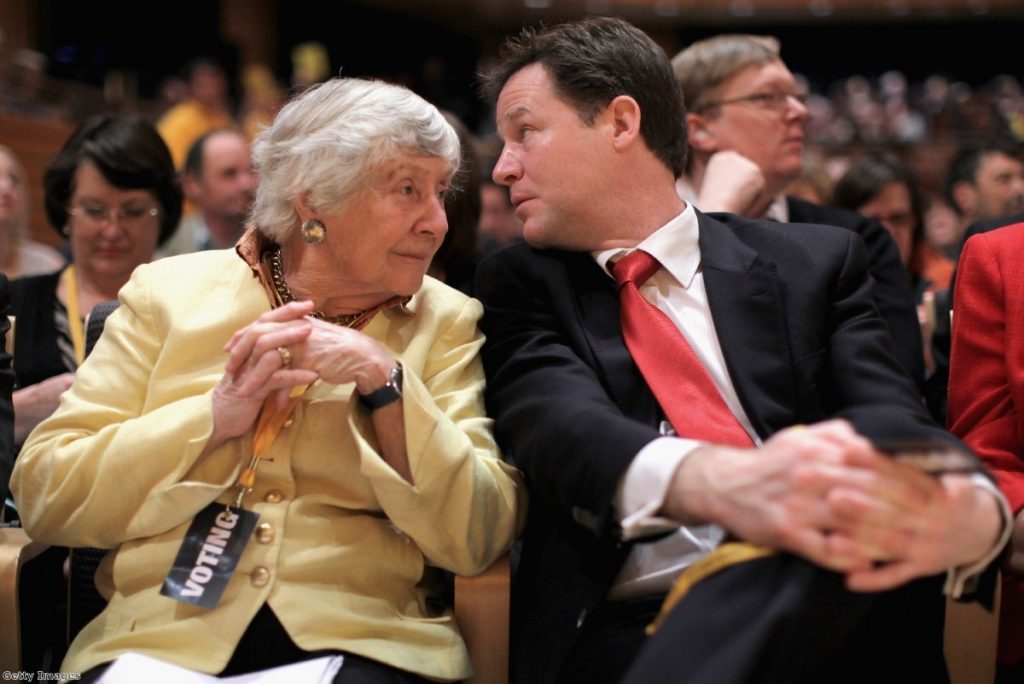Secret courts outrage triggers dramatic resignation
The Liberal Democrat spring conference was the scene of a dramatic resignation today, when Jo Shaw told delegates she would quit the party from the podium.
The former parliamentary candidate and senior campaigner said she could not stay in the party after most of its MPs voted to pass legislation allowing for secret courts.
"Today is a sad day at the end of a very sad week," she said.
"I have come to the conclusion that I cannot continue to campaign to uphold values of fairness, freedom and openness from within the Liberal Democrats under its current leadership, a leadership for whom the privilege of power has meant the betrayal of liberal values."


The resignation comes a day after Dinah Rose, a leading human rights lawyer who represented British-resident Guantánamo detainee Binyam Mohamed, also quit the party over the issue.
"The right to a fair hearing, and the right to open justice, are among the most fundamental of all our basic constitutional rights," she said.
"I just cannot see what purpose is served by the party, if it is prepared to support the bill. I have therefore decided, with great regret, to resign my party membership."
Speaking at the conference, former MP David Howarth said MPs were "shameful" in backing the bill.
The motion opposing secret courts was passed overwhelmingly by the conference, but it is unlikely to have much impact on Nick Clegg and his senior colleagues. A similar motion was passed at the party's autumn conference to little effect.
Some believe Clegg relishes rows such as the secret courts controversy, because it allows him to cast himself as a responsible leader making tough choices in the face of party activists.
The resignation shows the party leadership may have underestimated the anger among the Lib Dem rank-and-file over the issue, particularly when many activists feel they are entitled to more consideration after winning the Eastleigh by-election.
It also suggests the party will face a ferocious debate when the snoopers' charter reaches the Commons.
All but seven of the Lib Dems 57 MPs voted for the secret courts bill, which allows court cases to be conducted in secret where they concern sensitive matters of national security.
Critics say the move would prevent allegations of complicity in torture or rendition by the British intelligence agencies ever reaching the public.












